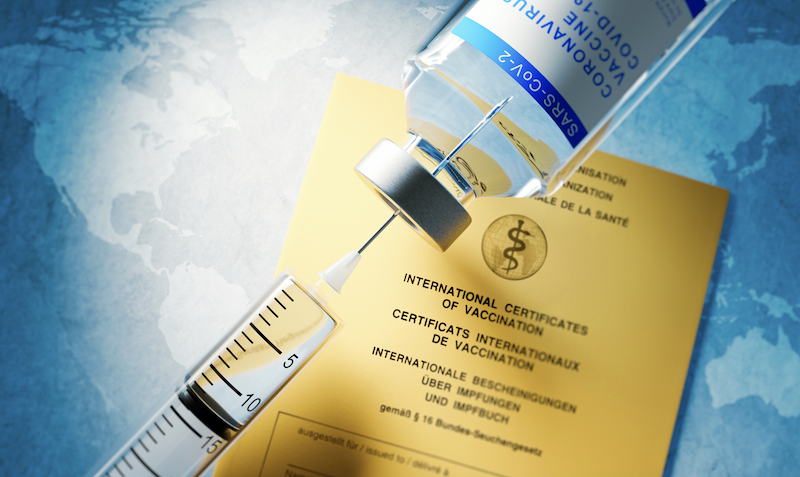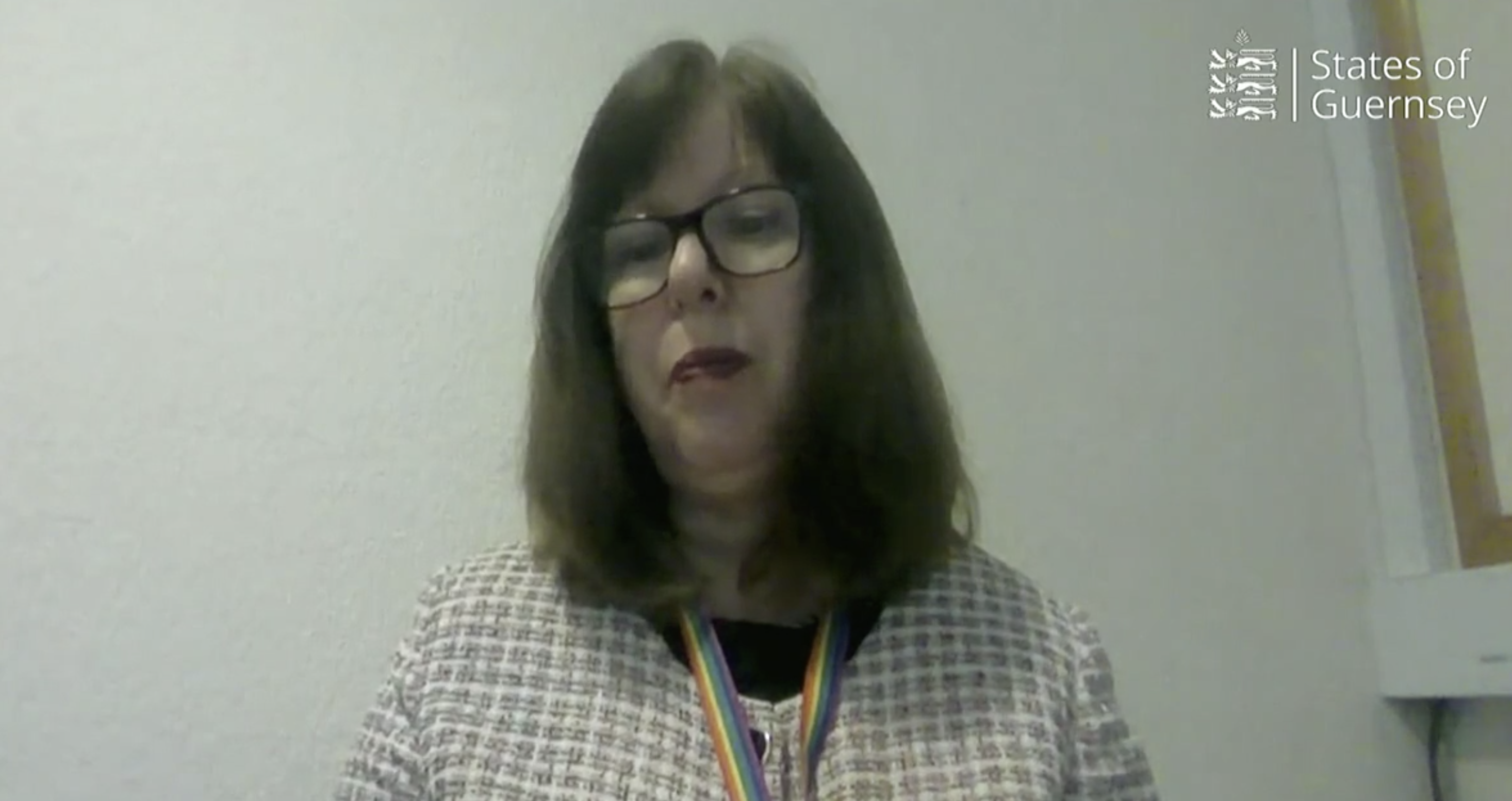


Vaccine passports are fast becoming a possibility as the world contends with living with corona virus and relaxing travel restrictions.
The Bailiwick Blueprint has been released this week, outlining a route not only out of lockdown, but to destinations beyond the Bailiwick Bubble. The proposed outline cites the future potential of vaccine passports.
So how fast are they becoming a reality?
Both British Airways and Gatwick Airport back the idea of ‘vaccination passports’; Cyprus will allow people with two jabs into the country without needing to isolate from 1 May; Saga will only allow vaccinated people on future cruises, and Australian airline Qantas said travellers will need proof of vaccination in the near future.
Ministers in the UK are now debating the idea and our own Government says it’s seriously considering if vaccine passports will be implemented in the future. These talks are early in development and the details of a possible passport have yet to be thrashed out.
Essentially, it would prove you’d been vaccinated to a certain standard and allow different types of access to certain countries and events. Much like the requirement for a yellow fever vaccine when heading to countries like Angola or French Guiana.

Pictured: Vaccine passports have been considered as part of the future management of travel in the Bailiwick Blueprint.
This will come as a boost if you are vaccinated. But what if you’re not?
So far Public Health has issued 29,383 jabs and 41% of the adult population has had at least one dose of the vaccine. Public Health is currently vaccinating people in cohort five and six, people over the age of 65 and people between 18 – 65 who have underlying health conditions.
We’re expecting the first phase of vaccinations within the JCVI guidelines to be completed by the end of April. When asked about the remaining timeframe for the rest of the population, the answer was less clear.
“Our plan at the moment is to finish all first doses of phase one by the end of April,” said the Director of Public Health, Dr Nicola Brink. “We would then want to roll over and start phase two in May.
“We aim to completely finish phase one in July, and we would like to see all first doses of phase 2 in July as well. We will try to keep vaccinating as fast as we can but we are dependent on UK supply."

Pictured: The President of Health and Social Care appeared during the latest briefing to give an update on the vaccination programme.
The States of Guernsey has announced a possible full relaxation of border restrictions on 1 July and the need for immunisation passports is fast becoming a reality. Tie this in with an indeterminate amount of time before we’re all vaccinated, it begs the question; will young people be stopped from travelling, while many older, vaccinated islanders will be free to travel?
The vaccinations are generally being offered in order of age, starting from the island's oldest citizens and working down to young adults. So, could the younger generation be stuck, while the older generations face fewer restrictions entering other countries? Will parents not be able to take their children away later this year?
Express posed these questions to the Civil Contingencies Authority during the latest media briefing, and we were told that these concerns, whilst valid, cannot be addressed at this time.
“The vaccination programme at the moment is to prevent severe disease and death associated with Covid-19,” said Dr Brink.
“I absolutely understand the frustration of younger people but we can only administer the vaccine that we have as quickly as we can.
“We have to give it to the people who will benefit the most clinically in the first instance,” she said - bad news for young people desperate to get away after a year in the Bailiwick Bubble.
Comments
Comments on this story express the views of the commentator only, not Bailiwick Publishing. We are unable to guarantee the accuracy of any of those comments.